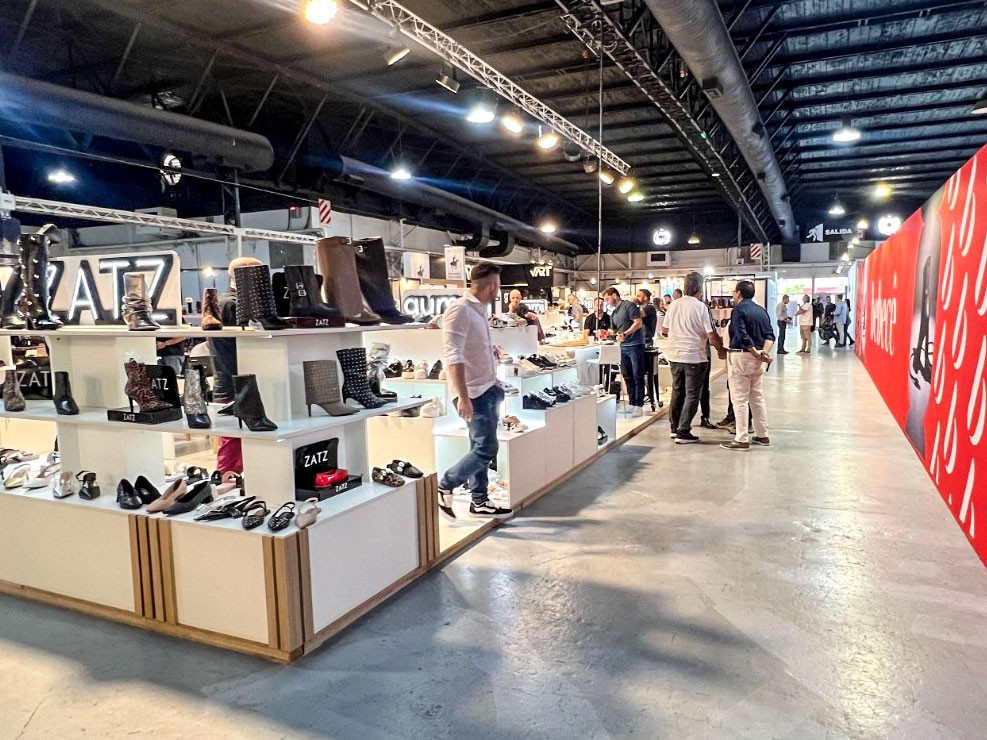


The 113th edition of EFICA Argentina’s footwear fair for the Autumn-Winter 2026 season, took place on November 16-18 at Costa Salguero in Buenos Aires.
Leading Argentine footwear brands and factories exhibited their collections, joined by several Brazilian companies represented locally. Most of the offer consisted of domestic products, complemented by imported footwear. The exhibition featured women’s, men’s and children’s lines. Overall, product styling appeared diverse and updated.
A total of 62 exhibitors occupied 160 stands, representing more than 200 brands. Although the number of visitors was lower than in previous editions, the presence of key buyers from different regions of the country was valued.
Within the context of the widespread crisis that the sector is experiencing, driven by reduced consumption, sales volumes were lower compared with past years. However, with support from the Argentine Investment and International Trade Agency, Business Rounds were conducted, generating opportunities for exports, particularly to Latin American markets.



According to exhibitors, buyers showed interest in competitively priced products, especially casual and sport-inspired lines that are increasingly replacing formal footwear due to changes in consumption habits.
Another factor that influenced purchasing decisions was the high level of indebtedness among retailers, which prevented many from attending the fair. Overstocks and insufficient sales, resulting from the recession, limited their participation.
Despite this scenario, the footwear sector -as well as the wider industrial landscape- awaits policy decisions on labor and tax reforms. Immediate governmental measures encouraging consumption and productivity are expected in order to prevent the dismantling of an industry with a long-standing position in the Argentine market.
With the recent partial renewal of authorities of the Chamber of the Footwear Industry of Buenos Aires (CIC), leadership has begun evaluating changes to the traditional EFICA format to enhance the event’s appeal and content in the face of current challenges. There is consensus on developing an integrated proposal for the next edition, incorporating complementary sectors such as leather goods, accessories, exhibition furnishings and services, trend areas for buyer guidance, logistics and digital tools for footwear commercialization. These are among the topics under consideration.
The initiative tends to add value to the event, therefore generating greater interest and attendance, with which visitors would have access to a comprehensive offer for use and benefit in their activity.



RELATED ARTICLE:
- EFICA 113 will connect Argentine design with the regional market